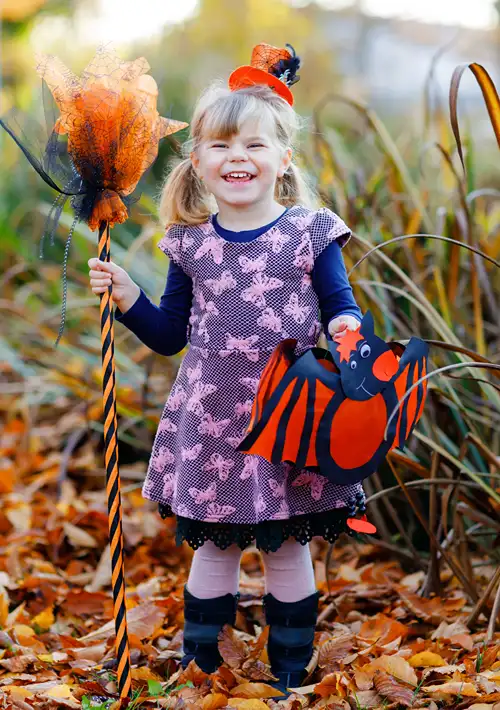How Parents Can Choose the Right Early Childhood Program for Their Kids
A child’s curiosity, independence, and core learning are shaped in large part by the early childhood program they attend. There are several options available to parents, each with its own philosophy and method for teaching young children.
It’s crucial to visit the school to get a feel for it before committing. In order to provide families a genuine sense of the daily routine, ambiance, and teaching style, many centres invite parents to look around the school learning environments by booking a tour. Often, this first-hand encounter tells far more than any website or brochure could.
Understanding Educational Approaches
There are lots of differences in the way kindergartens and preschools teach. Some have play-based models that allow children to learn by discovery and others are structured programs to get them ready for primary education. Parents ought to acquaint themselves with methods like Montessori, Reggio Emilia or HighScope because each helps bring about learning in distinct ways. The idea is to match the philosophy of the program with the temperament and developmental needs of the child.
Evaluating Staff and Teaching Quality
Children are able to flourish with the help of loving, talented teachers who know how to contribute to emotional and cognitive development. Enquire about the qualifications of teachers, continued training and the way staff deal with behavioural or learning difficulties. Watching the way teachers work with children, warm, patient communication can be an indicator of a nurturing classroom atmosphere.
The Value of Small Ratios
A smaller teacher-child ratio is also likely to guarantee more personal attention. In these environments, teachers are able to customize the activities, react faster to demands, and keep the group dynamics calmer. This element is particularly crucial in the early years when confidence is developed through emotional stability and regular reinforcement.
Assessing the Learning Environment
The classroom design and ambiance narrates about the interaction and the experience of children. Find areas that are both hygienic and energetic, full of natural light, with an assortment of touchable materials. The outdoor playgrounds are also important; they promote activity, imagination, and communication.
Safety and Cleanliness
The safety procedures must be visible but not obtrusive. Inquire about emergency procedures and employee background checks, and the maintenance of health standards. Young children learn by touch, and therefore keeping the environment clean would be beneficial in preserving curiosity and comfort.
Exploring Enrichment Opportunities
Most programs use enrichment activities such as music, art, gardening or the introduction of languages in addition to the basics of academics. Such experiences develop self-expression, creativity and fine motor skills. Moreover, parents may request information about family participation days or community projects which allow a feeling of cooperation and belonging.
Observing Emotional Wellbeing
If a youngster feels uncomfortable or invisible, academic achievement is meaningless. Observe how staff members attend to emotional needs, such as soothing a youngster who is crying, supporting shy individuals, and acknowledging minor accomplishments. Compassionate guidance enhances empathy and resilience, and helps emotional intelligence develop early.
Prioritising Communication and Transparency
An effective program appreciates the open communication between teachers and parents. Mutual understanding is encouraged by regular updates, parent-teacher meetings, and shared progress reports. Effective communication also makes sure that home routines and classroom activities complement each other and provide the child with consistency.
Considering Practical Details
Although educational philosophy plays the key role, practical aspects cannot be overlooked. Long-term satisfaction depends on location, cost, daily hours and meal provisions. Some programs provide flexibility to working parents, whereas others focus on continuity by maintaining consistency in routine. Ensure that the logistics are an easy fit in family life to eliminate unnecessary stress.
Trusting Instincts
Intuition is needed even following thorough research. When a feeling of warmth, attentiveness, and real enthusiasm is evoked by a specific centre, it could be the right one. Parents understand their children; a feeling of ease and trust usually affirms the fact that the decision is in line with the family values and the spirit of the child.
Selecting an early childhood program is an exciting and important move. Every detail, from teaching philosophy to the emotional atmosphere, influences the way children perceive learning itself. Through keen observation, posing probing questions and being sensitive to the personal instincts, parents can find a place where their child will be able to thrive in the academic, social and emotional fronts.










